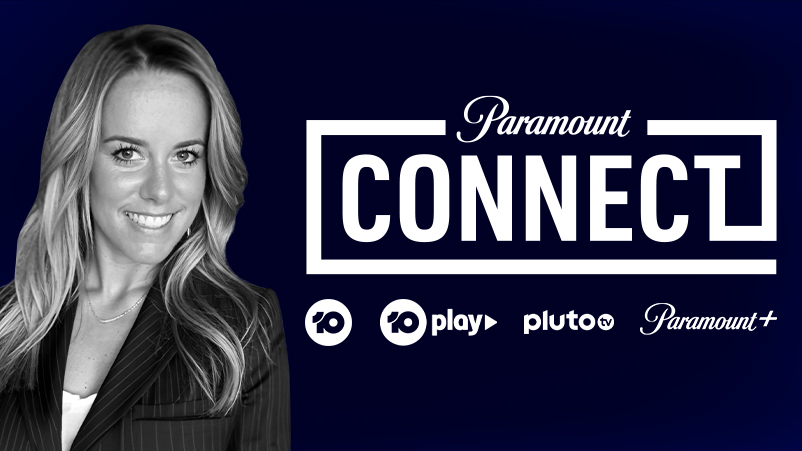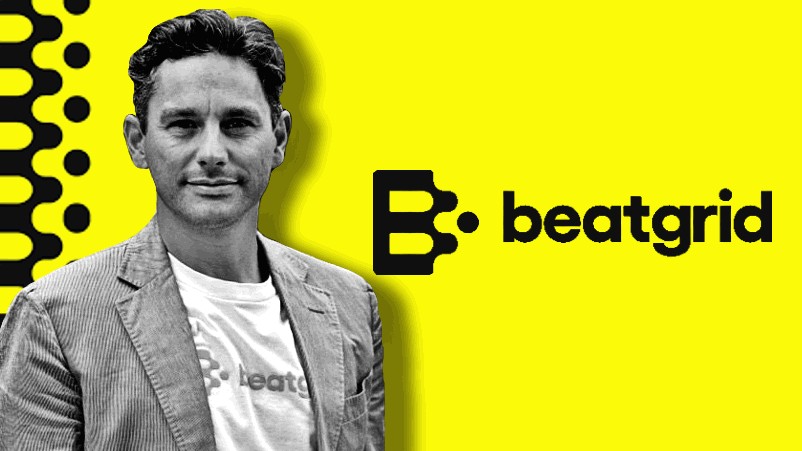All media agencies agree to shutdown in October - make it a defining moment

Australia's media agencies have mobilised under the Media Federation of Australia (MFA) to shut their shops and send their people to a new industry media "Effectiveness Expo" in a move of solidarity and symbolism. Marketers take note. Agencies... don't squander the opportunity for real regime change.
"If I go back as a client [at BMW], I had no KPIs based on website visits, clickthroughs or views, no reach and frequency KPIs. I had KPIs based on growth delivering against our volume aspirations and growth targets."
There was a frustrating story doing the rounds earlier this year about a global media pitch - involving Australian agencies - in which a high-profile advertiser had put agency groups through their paces, only for the decision to be made on which group would accept payment terms that stretched well beyond 200 days. Two groups declined but, as has so often been the case, one acquiesced to the terms.
No doubt the rationale will be well justified by the agency's top brass. But if the agency sector is to really counter the disruptive forces hitting the category - and agencies are in a category war with new competitors from professional services, martech, social platforms and emerging technology hybrids in AI - things have to change. It's been said so often before.
Some of the agency sector's biggest supporters are starting to believe agencies might not fix themselves. Talent needs real training and development beyond feel-goods but the economics make it difficult. Trust is stretched and doubts are growing about the impact media and media agencies have on business impact and growth. Not because they're not having an impact but because the language and success metrics are old and distant from the metrics on which businesses judge themselves.
Starcom Melbourne managing director Stuart Jaffray, BMW's former general manager for marketing, puts it perfectly: "The difficulty that we will all face as we go on this journey is the ability of agencies and clients to genuinely stitch together the results of our activity to business growth, customer acquisitions and marketshare. We need to become more sophisticated from a measurement perspective to quantify the results of our activities."
"The really advanced marketers today, those who have a legitimate and valued role, have stopped going to the C-suite talking about campaign metrics."
Marketers, by the way, are under similar pressures. Just as agencies need to forge new language and operating capabilities, their clients are required by the c-suite to make exactly the same changes.
"One of the biggest hurdles marketers need to cross right now is this ability to speak the language of business," says Liz Miller, vice president of marketing at the San Francisco-based CMO Council. "In the very beginning of this digital revolution, marketers, being the wonderful branders that we are, decided we would create a new language to measure marketing. So we tried to convince all of our c-suite executives that online clicks and likes and click-through rates and social conversations were how marketing should be judged.
"Chief financial officers sat there really quiet for a couple of years, but finally sat up and said 'this is ridiculous'. They asked legitimate questions about how marketing contributed to top line revenue growth and the P&L. The really advanced marketers today, those who have a legitimate and valued role, have stopped going to the c-suite talking about campaign metrics. They are still the ground fundamentals of how a marketing team needs to remain efficient and effective - but we're beginning to look at new ways to tie what we do in marketing to the success of the business. That has to start with the CMO fundamentally understanding the business."
"Coming at it as a former client, I've been enthused by the level of intellect and understanding in agencies for building brands."
The same goes for agencies. They will only enamour themselves to the marketer cause if they enable that agenda.
It requires a different way of thinking and operating - from the youngest of agency talent to, well, the old ones. Credit where it's due, oOh Media's chief customer officer and former CEO of Virgin Mobile, David Scribner, says the fundamentals are already there in agency land. Scribner is seven months into his first media industry gig. "Coming at it as a former client, I’ve been enthused by the level of intellect and understanding in agencies for building brands," he says. "There is a great opportunity for clients to unlock and use the talent that is there. I’ve got a greater appreciation for that coming from a media owner perspective. The challenge is building those relationships that are about quality rather than just price. There is significant opportunity in shared business KPIs from brands to agencies and media owners."
Starcom's Jaffray says shared business KPIs are where marketers must also step up with their agencies. "It requires clients to be more transparent with the business data they're sharing with partners," he says. "Agencies can only steer to a business outcome if they have a clear line-of-site on that data. In a strong business relationship you can have that and optimise media to a business goal. It that data isn't available or not being shared, you default to vanity marketing metrics."
It's a point, perhaps a plea, also made by Verizon's head of media performance, Sebastian Graham, in this week's Deep Dive on tying measurement to business outcomes as the online cookie meltdown hits the market.
But in many cases, even marketers are struggling to line-up their own business data from legacy systems. Jaffray says BMW faced that challenge in getting dealership data around leads, visits, test drives and conversions. It's also why tech vendors, systems integrators and customer experience design specialists are doing so well in positioning for customer experience management. It addresses a deep business problem.
"At its very core the drive from the MFA around effectiveness is to be applauded," says Jaffray, who has been woking on the MFA Expo with his industry peers. "At the end of the day we have to hold media and marketing accountable to business outcomes, so it's pivotal from the MFA to focus on effectiveness."
Hence the criticality of the MFA's initiative. Not for backslapping or self validation - but because there is much work to do for agencies and the sector at large to evolve to a business-focused iteration of their former selves. Praise the strong work being done now, for sure. That's what a more rigorous awards program is aiming for in October. But go deep on category, talent and mindset reinvention collectively. That too seems part of the MFA's Octoberfest agenda.
As some Australian politician once famously said: "It's time".


